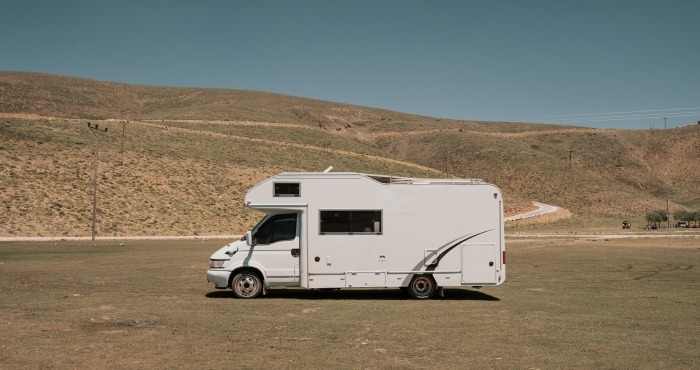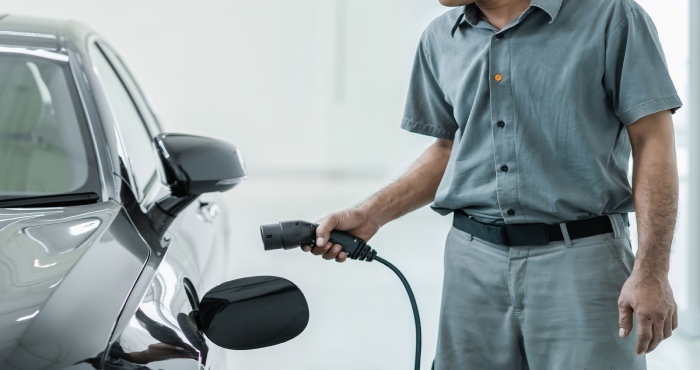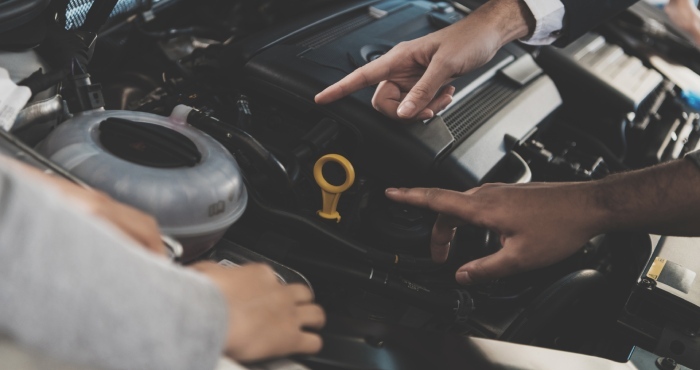The vast terrains and picturesque roads of California have consistently attracted those looking for adventure in recreational vehicles (RVs), motorhomes, and camper vans. While these vehicles provide the liberty to explore, they also carry the potential for mechanical problems and defects that can transform an exhilarating journey into a challenging experience. Luckily, California’s Lemon Law offers safeguards for individuals dealing with defective RVs or motorhomes.
Overview of California Lemon Law
The Song-Beverly Consumer Warranty Act, better known as California’s Lemon Law, safeguards buyers and lessees of faulty vehicles by guaranteeing their rights to repairs, replacements, or refunds. Although this legislation is typically linked to passenger automobiles, it extends its coverage to specific types of recreational vehicles such as motorhomes, camper vans, and various RVs. Under this law, manufacturers are obligated to honor their warranty commitments when a vehicle exhibits significant defects that impact its usability, safety, or worth.
How Lemon Law Applies to RVs and Motorhomes
The California Lemon Law does extend to RVs, but its application varies across different vehicle components. Unlike regular cars, motorhomes and RVs are typically assembled in phases by several manufacturers. For instance, one company might produce the engine and chassis, while another is responsible for the living space. This results in a distinctive scenario where various sections of the vehicle are subject to different warranties.
- Drivetrain and Chassis: Generally, these vehicles are regarded in the same manner as standard cars and are covered by Lemon Law regulations. Flaws in essential components such as the engine, transmission, suspension, and steering systems are deemed significant due to their effect on the safety and operability of the vehicle.
- Living Quarters: The residential space of an RV, which encompasses plumbing, heating, air conditioning, and electrical components, could be covered by distinct warranties from various manufacturers. If these systems exhibit major defects, the Lemon Law could still be relevant; however, addressing claims related to these problems may necessitate interactions with multiple manufacturers or suppliers.
Types of Recreational Vehicles Covered
Class A Motorhomes:
These motorhomes represent the pinnacle of size and luxury, typically constructed on commercial bus frames. If any defects compromise the safety or functionality of the motorhome, the engine and drivetrain are protected by the Lemon Law.
Class B Motorhomes (Camper Vans):
These vehicles, which are designed on van frames, are compact and easier to handle. In the event of mechanical or safety issues, they fall under the same regulations as regular cars according to the California Lemon Law Lawyer.
Class C Motorhomes:
These motorhomes are constructed using truck chassis that include a cab, and they benefit from legal protections concerning drivetrain problems. If issues arise within the living space that notably affect the vehicle’s functionality, those may also be covered by the law.
Towable RVs:
Although towable RVs such as travel trailers, fifth wheels, and pop-up campers lack a drivetrain, the Lemon Law could be relevant to their structural soundness and key systems (like electrical and plumbing) if these components are included in the warranty.
Common Issues Faced by RV Owners
Engine and Transmission Failures:
Due to their substantial size and weight, RVs typically need robust engines and transmissions, making mechanical failures relatively frequent. Issues like poor acceleration, excessive heat, and slipping transmissions can compromise the vehicle’s safety on the road.
Electrical System Malfunctions:
In recreational vehicles, the electrical systems manage various functions, including the ignition, lighting, and appliances within the living space. Frequent issues reported include faulty wiring, blown fuses, and malfunctioning control panels.
Plumbing and Water System Leaks:
Water leaks in an RV’s plumbing can lead to serious harm to the vehicle. Issues such as dripping faucets, faulty water tanks, and shower leaks can render the living area unsuitable for use.
Heating and Air Conditioning Issues:
Malfunctioning HVAC systems can lead to discomfort in an RV, particularly on extended journeys in harsh weather. Issues with air conditioning, heating, and ventilation can also pose safety risks for those on board.
Brake and Suspension Problems:
Due to their substantial weight, recreational vehicles (RVs) present significant concerns regarding brake and suspension problems. Faulty braking systems, inadequate suspension, and steering failures can pose serious risks to both the safety of the vehicle and those aboard.
Structural Defects:
Given that RVs are substantial vehicles, problems with brakes and suspension are especially alarming. Faulty braking systems, inadequate suspension, and steering failures can endanger both the safety of the vehicle and its occupants.
What Rights Do RV Owners Have Under Lemon Law?
Owners of RVs and motorhomes in California are entitled to specific rights under the state’s Lemon Law when their vehicle experiences defects.
- Reasonable Repair Attempts: Should the manufacturer fail to fix a significant flaw after making a reasonable number of attempts—typically around three to four—the RV could be classified as a lemon. The exact number of attempts needed may differ based on the type of defect and how it affects safety.
- Timeframe for Coverage: The Lemon Law is in effect while the manufacturer’s warranty is valid, which generally spans from one year to several years, depending on the recreational vehicle. Nevertheless, issues that occur soon after the warranty expires might still qualify for coverage in certain situations.
- Replacement or Refund: If an RV is classified as a lemon, the owner has the right to choose between receiving a replacement vehicle or getting their money back. The refund can cover the purchase price, taxes, registration fees, and any related costs (like towing or rental cars).
- Legal Representation: Many RV owners find it advantageous to seek legal assistance when filing a Lemon Law claim, as manufacturers frequently contest the details of the defect or the number of repair attempts. A California Lemon Law attorney can help RV owners navigate the legal process, ensuring their rights are protected every step of the way.
Having an RV or motorhome is an excellent means to discover the stunning landscapes of California. However, mechanical problems can quickly transform a pleasurable journey into a frustrating challenge. By familiarizing yourself with how this law pertains to various parts of your RV, understanding your rights, and obtaining legal support when needed, you can ensure that your travels remain enjoyable and free from the stress of vehicle malfunctions.





